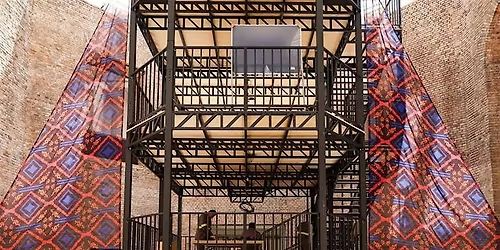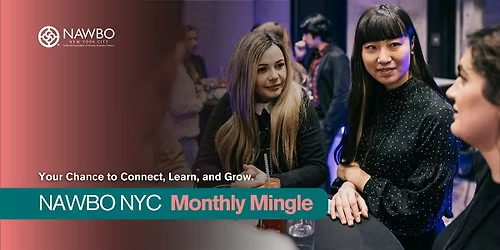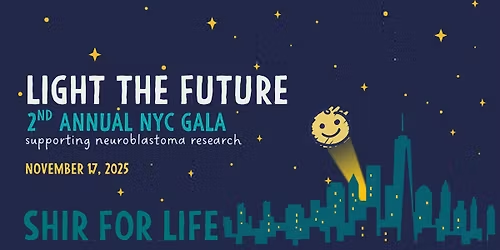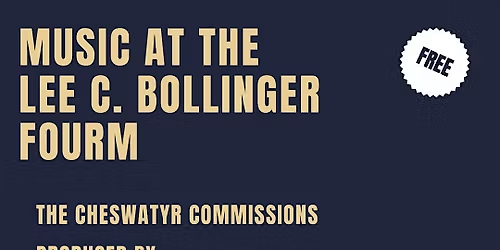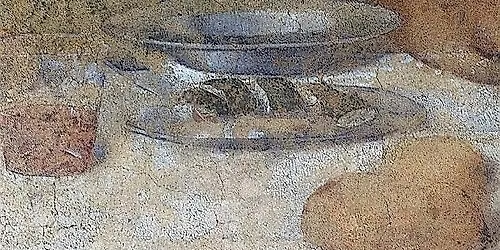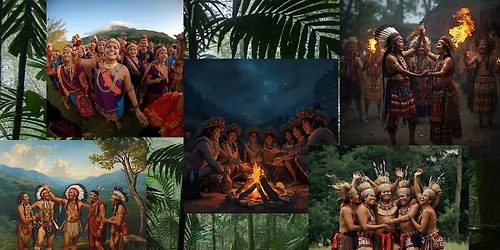
About this Event
If you are a Columbia/Barnard affiliate with campus access, please use your Columbia/Barnard email when registering.
Each attendee must have their OWN registration and email address.
Registration for external guests closes at 4PM on November 14. Registration will automatically close at that time. Columbia/Barnard affiliates may register at the door.
by Alyssa Battistoni
Capitalism is typically treated as a force for relentless commodification. Yet it consistently fails to place value on vital aspects of the nonhuman world, whether carbon emissions or entire ecosystems. In Free Gifts, Alyssa Battistoni explores capitalism’s persistent failure to value nature, arguing that the key question is not the moral issue of why some kinds of nature shouldn’t be commodified, but the economic puzzle of why they haven’t been. To understand contemporary ecological problems from biodiversity collapse to climate change, she contends, we have to understand how some things come to have value under capitalism—and how others do not. To help us do so, Battistoni recovers and reinterprets the idea of the free gift of nature used by classical economic thinkers to describe what we gratuitously obtain from the natural world, and builds on Karl Marx’s critique of political economy to show how capitalism fundamentally treats nature as free for the taking. This novel theory of capitalism’s relationship to nature not only helps us understand contemporary ecological breakdown, but also casts capitalism’s own core dynamics in a new light.
Battistoni addresses four different instances of the free gift in political economic thought, each in a specific domain: natural agents in industry, pollution in the environment, reproductive labor in the household, and natural capital in the biosphere. In so doing, she offers new readings of major twentieth-century thinkers, including Friedrich Hayek, Simone de Beauvoir, Garrett Hardin, Silvia Federici, and Ronald Coase. Ultimately, she offers a novel account of freedom for our ecologically troubled present, developing a materialist existentialism to argue that capitalism limits our ability to be responsible for our relationships to the natural world, and imagining how we might live freely while valuing nature’s gifts.
About the Author
is an Assistant Professor of Political Science at Barnard College. Her research interests are in environmental and climate politics, feminism, Marxist thought, political economy, and the history of political thought. She is the co-author, with Kate Aronoff, Daniel Aldana Cohen, and Thea Riofrancos, of A Planet to Win: Why We Need a Green New Deal (Verso 2019), and her work has appeared in Political Theory, Perspectives on Politics, Contemporary Political Theory, and Nature Sustainability. Battistoni also writes frequently for publications including the Nation, Dissent, Jacobin, n+1, and Boston Review, and is on the editorial boards of Jacobin and Dissent. She received her PhD from Yale (2019) and previously held the position of Environmental Fellow at Harvard University.
About the Speakers
is an assistant professor of political science at Columbia specializing in political theory. His main academic interests are in the history of modern social and political thought (with a particular focus on the seventeenth and eighteenth centuries) and in theories of capitalism and economic order. Luban is completing a book on early modern social theory entitled Children of Pride, under contract with Cambridge University Press. He is also in the early stages of a second book project on coercion and its role in social and economic life.
is the Henry A. and Louise Loeb Professor of Political and Social Science at The New School for Social Research. She is the author of The Highway of Despair: Critical Theory After Hegel, which reconstructs the emancipatory project of critical theory around the idea of negative dialectics, as well as several articles in leading social science and humanities journals. Her forthcoming book, Elements of a Political Theory of the Family, will be published by Oxford University Press in 2026.
specializes in political theory with research interests in the theory and history of empire, South Asian intellectual history, and postcolonial democracy. She holds a B.Sc.(economics) in international relations from the London School of Economics (1995), an M.A. in ideology and discourse analysis from the University of Essex (1996), and a Ph.D. in government from Harvard University (2004). Her first book, Alibis of Empire: Henry Maine and the Ends of Liberal Imperialism (Princeton, 2010), analyzed the transformation of nineteenth-century British imperial ideology. She is finishing a book on M. K. Gandhi and the politics of nonviolence.
specializes in the history of early modern Europe, with a focus on intellectual history and political economy. He is particularly interested in the historical development of ideas about money and credit; ideas on the relationship between economy and nature; and ideas about "improvement" and "modernization." He is the author of three monographs: Casualties of Credit: The English Financial Revolution, 1620-1720 (Harvard University Press, 2011), A Philosopher's Economist: Hume and the Rise of Capitalism, together with Margaret Schabas (University of Chicago Press, 2020), and Scarcity: A History from the Origins of Capitalism to the Climate Crisis, together with Fredrik Albritton Jonsson (Harvard University Press, 2023).
Please email [email protected] to request disability accommodations. Advance notice is necessary to arrange for some accessibility needs. This event will be recorded. By being present, you consent to the SOF/Heyman using such video for promotional purposes.
Event Venue & Nearby Stays
Heyman Center for the Humanities, East Campus Residence Hall, New York, United States
USD 0.00

